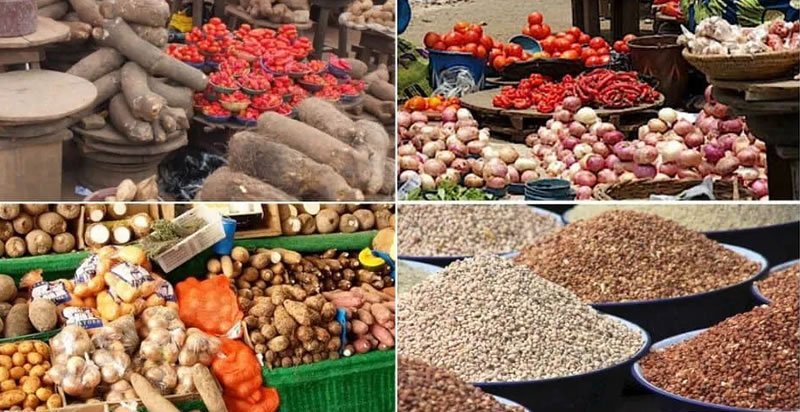
THE rise in diesel prices, petrol scarcity, and heightened insecurity in the nation drove food prices to a record high in the first quarter of 2022, a new report by SB Morgen, has shown.
The geopolitical intelligence platform disclosed this in its report titled, ‘The SBM Jollof Index Q4 2021 & Q1 2022; Geopolitics comes for dinner.’
The organisation said, “It is no longer news that food prices in Nigeria have risen to record levels in the last five years and Nigeria faces a food security crisis. In our previous Jollof Index, we have highlighted the causes, impacts, and policy solutions to the rising food prices in the country and the threat to food security.”
According to it, the cost of producing a pot of jollof rice for a family of five (the average family size according to the National Bureau of Statistics) is calculated using the prices of its ingredients. It added that it uses this cost as a gauge to measure food inflation across the country.
It said the ingredients include, rice, curry, thyme, seasoning, groundnut oil, turkey/chicken (poultry), beef, pepper, tomatoes, salt, and onions.
SBM stated that the average cost of making a pot of jollof rice for a family of five increased by a 7.3 per cent from N8007.50 in the third quarter of 2021 to N8595 in Q1, 2022.
It added in the face of limited production due to insecurity, storage problems, and a growing population, the importation of food would increase, and at higher costs, because of restrictions on forex and the high black-market rates.
It said this food price surges were now commonplace as even markets in the outskirts are also witnessing increasing prices.
It said, “The national average shows that prices rose in October and November, slightly declined in January, and began an upward trend in February and March.
“The spike in October and November is attributed to the increasing demand for food items in anticipation of the holiday season in December. Rice and groundnut oil account for this increase as companies purchased end-of-the-year welfare packages for their employees.
“In October, diesel prices began inching up on the back of supply shortages, and this was augmented by continuous concerns about insecurity which has been keeping more and more farmers away from their farms.
“In February and March, the issues that caused food prices to increase include a continued increase in diesel prices, petrol scarcity, and heightened insecurity. Petrol prices typically have a knock-on effect on the cost of transportation and food storage.”
Copyright PUNCH.
All rights reserved. This material, and other digital content on this website, may not be reproduced, published, broadcast, rewritten or redistributed in whole or in part without prior express written permission from PUNCH.
Contact: [email protected]





